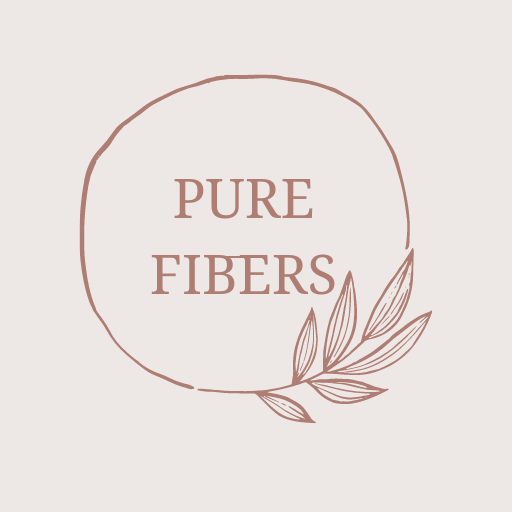
All About Cotton
Cotton is a widely used and versatile natural fiber that has been cultivated and used for thousands of years. It is derived from the fibers of the cotton plant, specifically from the seed pods that contain the fluffy fibers. Here are some key aspects to consider when exploring cotton:
1. History and Cultivation:
Cotton has a rich history, with evidence of its cultivation dating back to ancient civilizations in Egypt, India, and China. Today, it is cultivated in various countries worldwide, with major producers including China, India, the United States, and Brazil. Cotton plants require warm climates and a sufficient water supply to thrive.
2. Softness and Comfort:
One of the most notable qualities of cotton is its softness and comfort. Cotton fibers have a natural smoothness and fine texture, making them gentle against the skin. This characteristic makes cotton a preferred choice for garments such as t-shirts, underwear, baby clothes, and bedding.
3. Breathability and Moisture Absorption:
Cotton is highly breathable, allowing air to circulate through the fabric. This makes it ideal for warm and humid climates, as it helps regulate body temperature and prevents overheating. Cotton also has excellent moisture absorption properties, capable of absorbing moisture up to 27 times its weight. This feature makes cotton garments comfortable to wear, as it helps wick away sweat and keeps the skin dry.
4. Versatility:
Cotton is a versatile fiber that can be woven or knitted into various fabric types. It can be transformed into lightweight and sheer fabrics like voile, muslin, and organza, as well as medium-weight fabrics such as poplin and twill. Additionally, cotton is often used in heavy-duty fabrics like denim and canvas. Its versatility allows for a wide range of applications in the fashion industry.
5. Dyeing and Printing:
Cotton has excellent dye absorption properties, making it easy to color and resulting in vibrant hues. It accepts dyes readily and retains the color well, resulting in long-lasting and fade-resistant garments. Cotton is also suitable for various printing techniques, allowing for intricate designs and patterns.
6. Durability and Longevity:
Cotton is known for its durability and longevity. When cared for properly, cotton garments can withstand frequent washing and wear, maintaining their shape and integrity over time. This makes cotton a reliable choice for everyday clothing items that need to withstand regular use.
7. Environmental Considerations:
While cotton is a natural fiber, its environmental impact depends on the cultivation practices used. Conventional cotton farming often involves the use of synthetic pesticides and fertilizers, which can have adverse effects on ecosystems and water resources. However, organic cotton farming, which is certified by organizations like the Global Organic Textile Standard (GOTS), promotes sustainable practices that minimize harm to the environment.
Conclusion:
Cotton is a widely loved and utilized natural fiber due to its softness, breathability, and versatility. Its comfort, moisture absorption, and durability make it an excellent choice for a wide range of clothing and textile applications. By supporting sustainable cotton cultivation methods, such as organic farming, we can further enhance the positive environmental impact of this beloved fiber.
Keywords: cotton benefits, cotton fabric, cotton clothing, cotton bedding, natural fibers, breathable fabric, hypoallergenic, comfort, sustainability, environmentally friendly.
